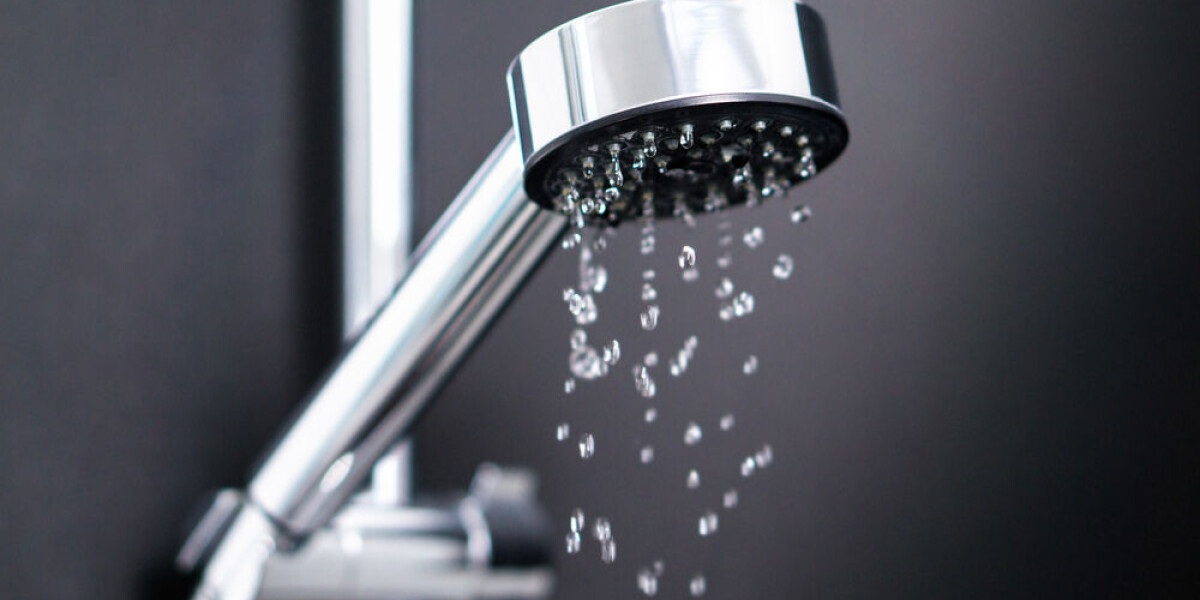
Why household water bills are set to soar in france
- Select a language for the TTS:
- UK English Female
- UK English Male
- US English Female
- US English Male
- Australian Female
- Australian Male
- Language selected: (auto detect) - EN
Play all audios:

COSTS COULD RISE BY AS MUCH AS 50% OVER THE NEXT FIVE TO 10 YEARS, SAY WATER FIRMS. THERE COULD ALSO BE A CRACKDOWN ON PEOPLE WITH WELLS AND BOREHOLES DO YOU RECEIVE THE CONNEXION'S
FREE WEEKDAY NEWSLETTER? Sign up here The cost of water is predicted to soar in France, as people use less and less of what is increasingly seen as a scarce and precious resource amid
continued drought. Water companies Suez and Veolia are among those to warn of increased prices. It comes after figures suggest that in 2023, people in France used 3-4% less water on average,
and in some areas the usage was reduced by as much as 10%. This is good news for the environment, but not so much for water companies, who are also facing greater infrastructure and
investment costs. Added investment could cause costs to rise by as much as 30-50% over the next five to 10 years. “Price increases are unavoidable,” said Hervé Paul, vice-president of the
Fédération nationale des collectivités concédantes et régies (FNCCR), at a joint press conference with Intercommunalités de France and the Fédération française des entreprises privées de
l'eau (FP2E). Read also: May 2024 MAP: Where are water restrictions in place in France? Read also: What is France's 'drought' website VigiEau? ‘NO-ONE CAN INVEST IF THE
PRICE OF WATER IS DERISORY’ The news is likely to come as an unwelcome surprise to local authorities and the public, who are already struggling with the rising cost of living and increased
charges for utilities. Read also: GRAPH: See food, energy and services price changes in year in France Water bills brought in a total of €13 billion nationwide in 2023. However, water
companies have been quick to point out that water has historically cost very little in France. At the same press conference, the groups stated: “‘In France, the price of water is relatively
low. It averages €4.30 per cubic metre, or 0.8% of the household budget, compared with energy for heating (4.7%) or phone communication (2%).” Mr Paul added that “no-one can invest if the
price of water is derisory”. One mayor, Régis Banquet, mayor of Alzonne and president of the wider Carcassonne area (Aude, Occitanie), told Sud Radio earlier this year that “over the course
of the next few years, household budgets for water will need to go from 0.8-1% to 1% or even 1.2%”. Water companies use the money collected to clean used water to make it safe to drink, to
pay water supply charges (€1.9 billion) and taxes (€1.1 billion). Around 80% of water company income depends on consumers’ usage, which obviously fluctuates. Fixed charges, such as
subscription standing charges, only make up 20%. Already, water companies in France are falling short; in 2023, the European Commission warned the country that it had not fully respected its
directives on drinking water quality. Similarly, France has faced repeated problems with tap water pollution and pesticide traces in recent years. Read also: Drinking water in towns near
Lyon polluted above permitted levels Read also: How safe is it to drink tap water in France? Companies are also looking into other methods other than simply increasing prices. One such
option is to introduce seasonal rates, which would mean water costs more during the summer when demand and tension on supply are high. The city of Toulouse (Haute-Garonne, Occitanie) has
already introduced a similar system. It is set to charge 42% more for water between the high-demand months of June and October, and charge up to 30% less during the other months. Yet, water
companies are also looking to abolish excess charges for large water consumers, such as industrial users. This may seem counterintuitive, but “these tariffs contravene the objective of
saving water, and unbalance the financing of services at the same time”, said Mr Paul at the FNCCR. Instead, the companies will look to charge high consumers additional flat rates. Suppliers
could also look to crack down on users who have private wells and boreholes. “These are stowaways in the collective system,” the FNCCR said. It added that users of these private wells
contribute to the wider draining of the groundwater system but do not pay their share, it claimed.
